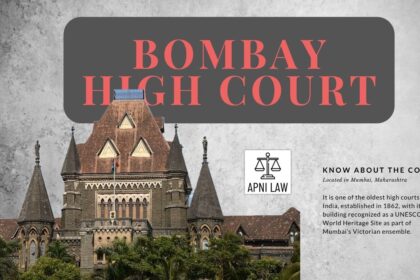Code
(1) A High Court may pass any sentence authorised by law.
(2) A Sessions Judge or Additional Sessions Judge may pass any sentence authorised by law; but any sentence of death passed by any such Judge shall be subject to confirmation by the High Court.
(3) An Assistant Sessions Judge may pass any sentence authorised by law except a sentence of death or of imprisonment for life or of imprisonment for a term exceeding ten years.
Explanation
This section outlines the maximum sentences that these courts can impose for various offenses:
- High Courts: Can impose any sentence authorized by law for any offense, including the death penalty.
- Sessions Judges: Can impose any sentence authorized by law for any offense, but are restricted in certain cases. They cannot impose the death penalty, life imprisonment, or imprisonment exceeding 10 years unless specifically authorized by the law for that particular offense.
Illustration
Consider a case where a person is found guilty of murder. The law for murder allows for the death penalty, life imprisonment, or imprisonment for a term not less than 10 years. In such a case:
- A High Court can impose any of the above punishments, including the death penalty.
- A Sessions Judge, however, cannot impose the death penalty or life imprisonment. They can only impose imprisonment for a term not less than 10 years.
Common Questions & Answers
Q: Can a Sessions Judge impose life imprisonment?
A: No, a Sessions Judge cannot impose life imprisonment unless specifically authorized by law for that particular offense.
Q: What is the maximum sentence a Sessions Judge can impose?
A: The maximum sentence a Sessions Judge can impose is 10 years imprisonment unless specifically authorized by law for a particular offense.
Q: Can a High Court impose a sentence that is not authorized by law?
A: No, no court can impose a sentence that is not authorized by law. This applies to both High Courts and Sessions Judges.








